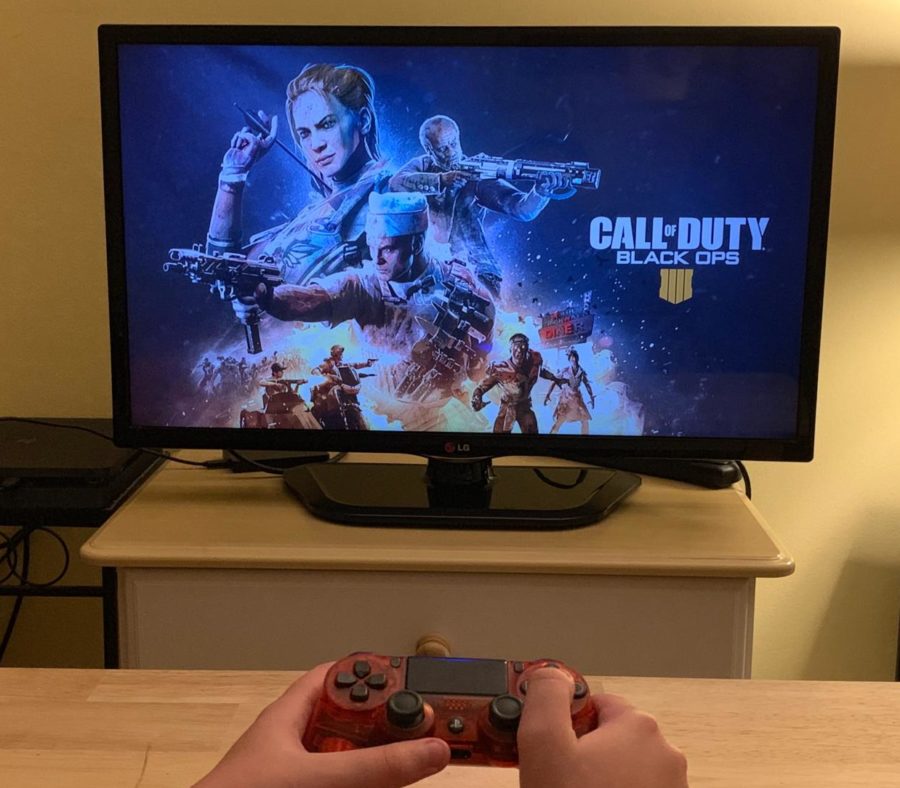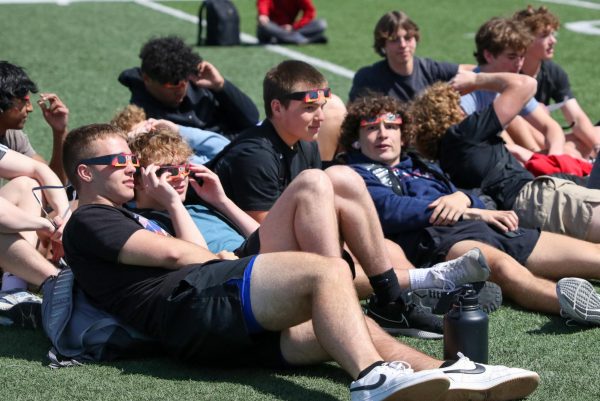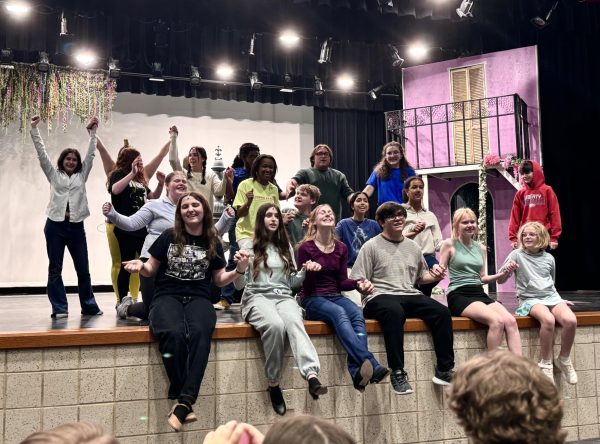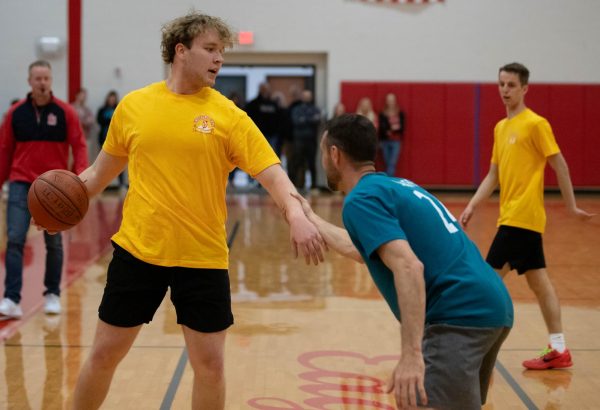Video Games: Art vs. Violence
Recent mass shootings reignite debate over whether or not video games cause violence
While Call of Duty: Black Ops IIII is not the most popular of the franchise, the game has still sold over 17 million copies since its release in Oct. 2018.
August 29, 2019
Video games are quickly becoming the favorite pastime of the modern person, with the gaming market generating around $138.7 billion in the last year alone. So how has such a beloved hobby, or even a career in some cases, become so controversial? The answer is simple: Violence.
Following the tragic shootings in El Paso, Texas, and Dayton, Ohio, in early August which occurred within 24 hours of each other, President Donald Trump claims violence stems from what has been accused many times before, video games.
“We must stop the glorification of violence in our society. This includes the gruesome and grisly video games that are now commonplace,” Trump said in a statement on Aug. 5. “It is too easy today for troubled youth to surround themselves with a culture that celebrates violence. We must stop or substantially reduce this and it has to begin immediately.”
Naturally, many people found President Trump’s claims to be absurd, as almost all scientific studies on the matter reach the same conclusion, violent video games have no link to real-life violence.
“The evident weakness in the individual studies and the general pattern of inconsistent findings would not normally lead us to expect researchers to make any strong claims about video games. However, this is far from the case. As with other research on media violence, some of the strongest claims are made on the most flimsy of evidence…” said Guy Cumberbatch, director of U.K. Communications Research Group. “The real puzzle is that anyone looking at the research evidence in this field could draw any conclusions about the pattern, let alone argue with such confidence, and even passion, that it demonstrates the harm of violence on television, in film and in video games.”
Controversy aside, most people just see video games as another form of entertainment, like movies or books. However, video games have something unique, they put you at the center. It’s that key feature that sets video games apart from other forms of media, for better or for worse.
Sophomore Jackson Martin has always enjoyed playing video games, his favorite being Space Station 13, an indie RPG (role-playing game).
“Video games are a release from the grounded-ness of our world, they’re very abstract and enjoyable. They allow you to make your own story. Sure, there can be a set narrative, but for some things, you get to do it on your own,” Martin said.
Brogan LaBoube, a junior, has been playing violent video games since he was young, his favorite being Call of Duty: Black Ops II. As someone who enjoys games with violence, LaBoube does not feel like video games cause violent tendencies in people.
“I believe that video games do not cause violence because people make their own decisions and they have the power to change that decision. Video games are not the cause for violence, people are,” LaBoube said.
While one could argue that our country’s exposure to violence, whether in real life or in our entertainment, is linked to increasing desensitization, that still does not override the scientific studies. Conclusions, such as the one written about by the Office of the General Surgeon , failed to find a connection between violent video games and violence in the real world.




























Rhyan LaBoube | Feb 18, 2020 at 1:12 pm
Hey, I know her!!!
Liam Ovares | Aug 30, 2019 at 8:42 am
I agree 100% with this article. Sure, certain video games are violent, but there are too many genres and many different titles that are different from games such as “Mortal Kombat.” Video games are developed every day, and to claim that all video games would cause harm to another is completely absurd.